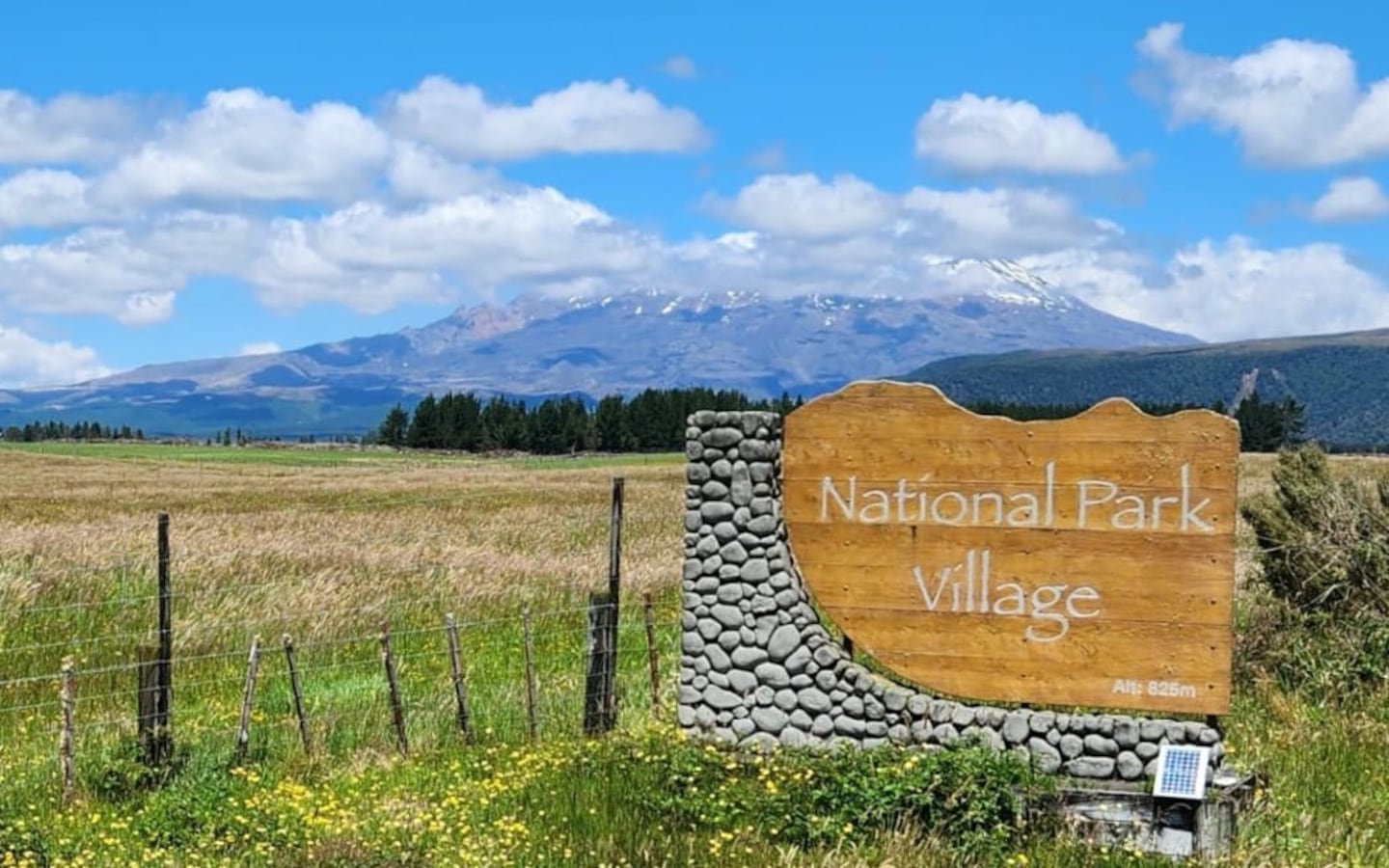Iwi and residents of National Park have a long wait ahead for a decision on a bid to have the central North Island village and its railway station renamed Waimarino.
The iwi collective Te Korowai o Wainuiārua, which represents hapū in the area affiliated to the iwi Uenuku, Tamahaki and Tamakana, applied last year to have the names changed.
Ngā Pou Taunaha o Aotearoa New Zealand Geographic Board said it was collating submissions received on the two proposals to change the name of National Park to Waimarino and National Park Station to Waimarino Railway Station.
A three-month public consultation closed on Thursday.
Geographic Board secretary Wendy Shaw said a summary of submission numbers would be provided as soon as possible but the Board would not meet until the end of April to consider the proposals.
She said collating submissions would take time as they had been received through a number of different channels and sometimes multiple submissions arrived from the same individual or group.
The submissions would not be made available until the Board had met.
Shaw said it was a priority to allow the statutory process to run its course without prejudice.
“We also note that final decisions are not based on numbers for or against a proposal, but rather the reasons provided in submissions, and the Board’s role in upholding its relevant statutory functions and aligning with good place-naming practice.”
Shaw said the Board would consider all submissions at its next hui on 30 April.
“It will then either make decisions on proposals that day or refer proposals to the Minister for Land Information, Hon Chris Penk, for his decision.”
There was no statutory timeframe or deadline for the Minister to make a decision, she said.
The railway station was opened in 1908 and named Waimarino Railway Station until 1926 when NZ Railways changed the name to National Park Railway Station.
In their proposal, iwi researchers also claim Waimarino as the historic name of the village.
The 180 or so permanent residents of National Park Village are divided over the iwi proposal, some saying there is no evidence that Waimarino was the village’s original name.
Long-term resident Murray Wilson said some residents were “adamantly against” a name change.
“We’ve never had division like this before. It’s shocking.
“Some people find the name [Waimarino] attractive. They think it’s a nice-sounding name - but there are long-term residents who have worked hard and have lived here for many, many years who are unhappy about it.
“They see it as taking away the identity of the area and taking away part of their personal identity and DNA of where they have lived. And a lot of people are reluctant to say what they feel.”
He said some locals were unsure about the impact of submissions to the Geographic Board from outside the area.
“People who live and work here have skin in the game.”
Wilson said it was significant that the Geographic Board had considered the names National Park and Waimarino five times in the past.
“They’ve always been declined for one reason or another … but going into the future you have to accept what the decision is and move on.”
Louis van Wyk, senior firefighter at National Park Volunteer Fire Brigade and owner-operator of Tongariro Crossing Lodge in National Park village, said despite opposing views about the name change proposal, he hoped the community would move forward together.
“I would hope that, regardless of the outcome, people would accept it and move on whatever the name is.
“I personally hope it becomes Waimarino and that the people who are opposed to the name reinstatement accept the new reality, and that we can move on and be a close-knit community together.
“We haven’t had a driving force like Uenuku could be and seems to want to be, and I think that’s a positive move for our village going forward. Hopefully everyone gets behind that and there isn’t too much division in the future.”


